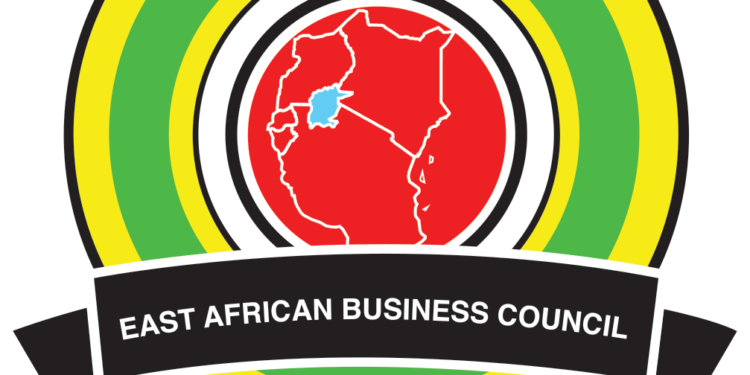The East African Business Council (EABC) recently issued a number of recommendations to governments to enable them to mitigate the impact of COVID-19 pandemic on regional economies.
The recommendations are around key economic areas such as banking, mobile money, tax reliefs, vulnerable groups, emergency funds among others.
This is at a time when the regional economy is expected to contract with a recession looming. Regional countries are also mulling recovery strategies post COVID19.
Among the recommendations by EABC include:
Fast-tracking delayed payments
Governments were urged to prioritize payment of domestic debts because this will inject liquidity in the market and enable businesses, especially SMEs, sustain the businesses.
Review of the Income Tax Act
There is need for EAC Governments to increase minimum taxable salary income to at least $250, reduction of Income Tax Rate for companies to 20 per cent as well as reduction of Corporate Tax Rate to 20 per cent.
Respectively these will increase the disposable income of low earning workers to enable them to mitigate the impact of COVID-19 pandemic, increase the net salary of employees to enable workers to have extra money to spend on the advent of COVID-19 pandemic and enable businesses/companies have cash which can be invested back to the businesses to boost the working capital in order to sustain businesses.
Removal of employment levies
EAC Governments are urged to consider temporary removal of employment taxes/levies (Skill Development Levies) which will encourage employers to retain the existing workers and do away with downsizing in the midst of COVID-19 pandemic.
Payment of VAT refunds
EAC governments have to allocate enough funds to cater for outstanding VAT refunds meaning that paying all outstanding VAT refunds will give businesses the needed liquidity to boost their working capital during the COVID19 period.
Removal of import duties
There is a need for removal of all other charges of equivalent effects (such as Import Declaration Fees-IDF and Railway Development Levy-RDL) for imports of raw materials, capital goods, intermediate goods and essential goods.
This is expected to provide relief to manufacturers/producers and make such goods available at affordable prices.
Review of VAT rate
EAC Partner States are called to reduce standard VAT Rate to at least 12 per cent during the COVID-19 period and as result, this will protect consumers across the EAC Partner States against high prices and enable them to access consumable goods and services at affordable prices.
Lowering Central Bank rates
Central banks in the East African Community have been urged by the private sector body to consider lowering the repo rate. This they say will incentivize commercial banks to lend at lower rates to the private sector.
Lowering the reserve requirement ratio
Central banks in EAC should also consider lowering the reserve requirement ratio and this, the business council says, will allow commercial banks to have more liquidity and enough lending capacity. Countries such as Rwanda have so far reduced the reserve requirement ratio from 5 per cent to 4 per cent consequently increasing liquidity among banks.
Stimulus fund to commercial banks
Central banks have also urged to extend lending facilities to commercial banks which will enable commercial banks to have sufficient funds for lending to the private sector. Countries such as Rwanda have announced the creation of a Rwf 50 B fund which banks can borrow from.
Open market operation
EAC Central Banks have to consider reviewing of existing Treasury Bonds/Securities rediscount (Open Market Operations) through buying back bonds at the prevailing market rate and this is expected to provide liquidity to the economy through commercial banks and other entities.
Restructuring of Non-Performing Loans
Central Banks in the EAC region need to restructure loans by allowing a considerable period for Non-Performing Loans.
This will give relief to both lenders and borrowers at the time of COVID-19 pandemic.
VAT relief to essential products
The private sector body has also noted the need to a zero-rate VAT for all essential products during the time of COVID-19 pandemic (e.g. staple foods items, soaps, disinfectants, sanitizers, water, electricity, etc.) because it will make essential products affordable to EAC citizens.
Review of the tax return period
EABC has called on regional governments to consider granting an extension to businesses in filing their tax returns (Value Added Tax, Pay as You Earn, Excise Duty and Withholding Tax).
Review of tax on telecom services
If EAC governments lower taxes on voice, SMS and data services to encourage the use of digital payments as a preventive measure to COVID-19, it will facilitate EAC Citizens to use the services while carrying out financial transactions.
For any feedback, contacts us via editorial@feaffa.com / info@feaffa.com; Mobile: +254703971679 / +254733780240




